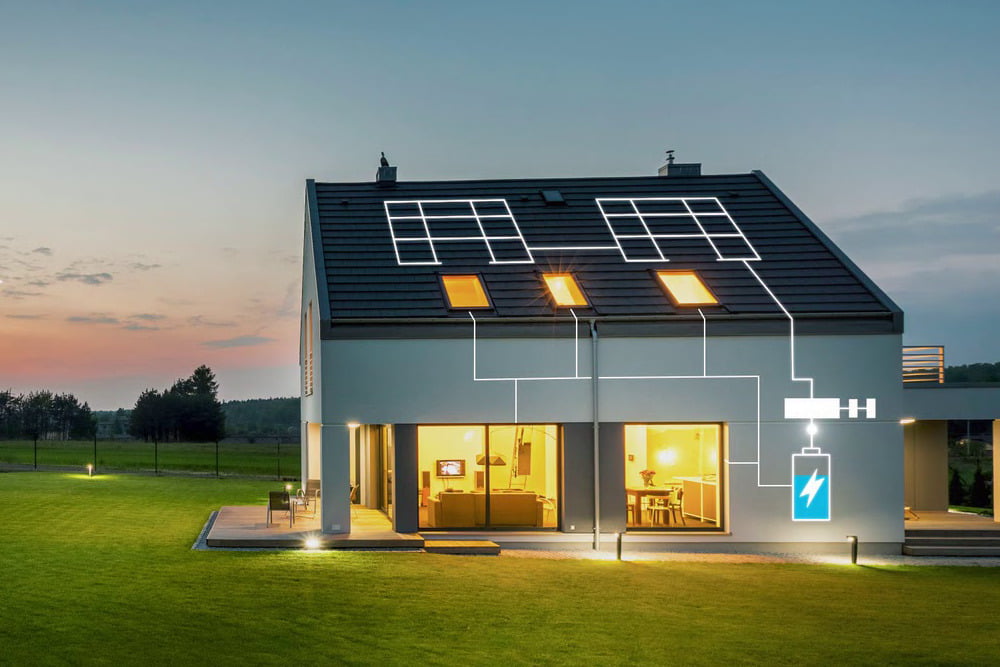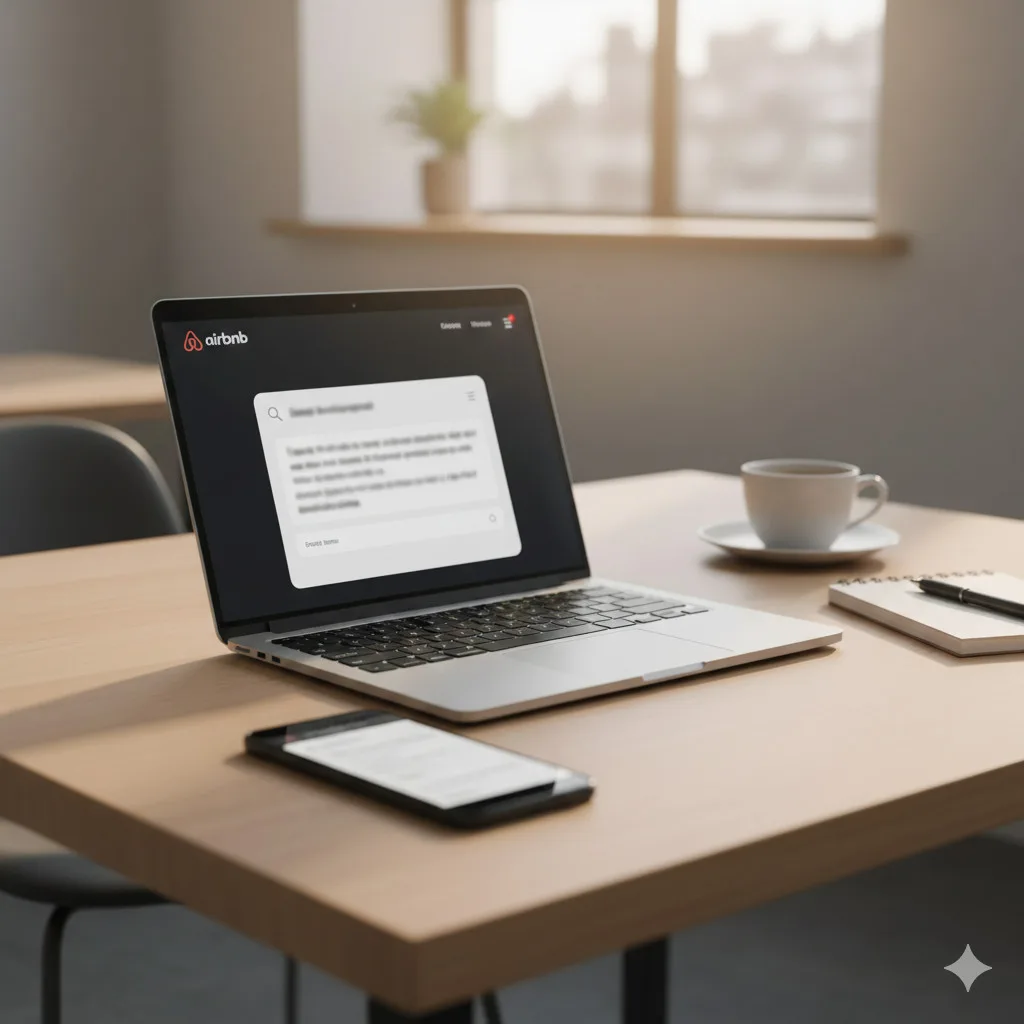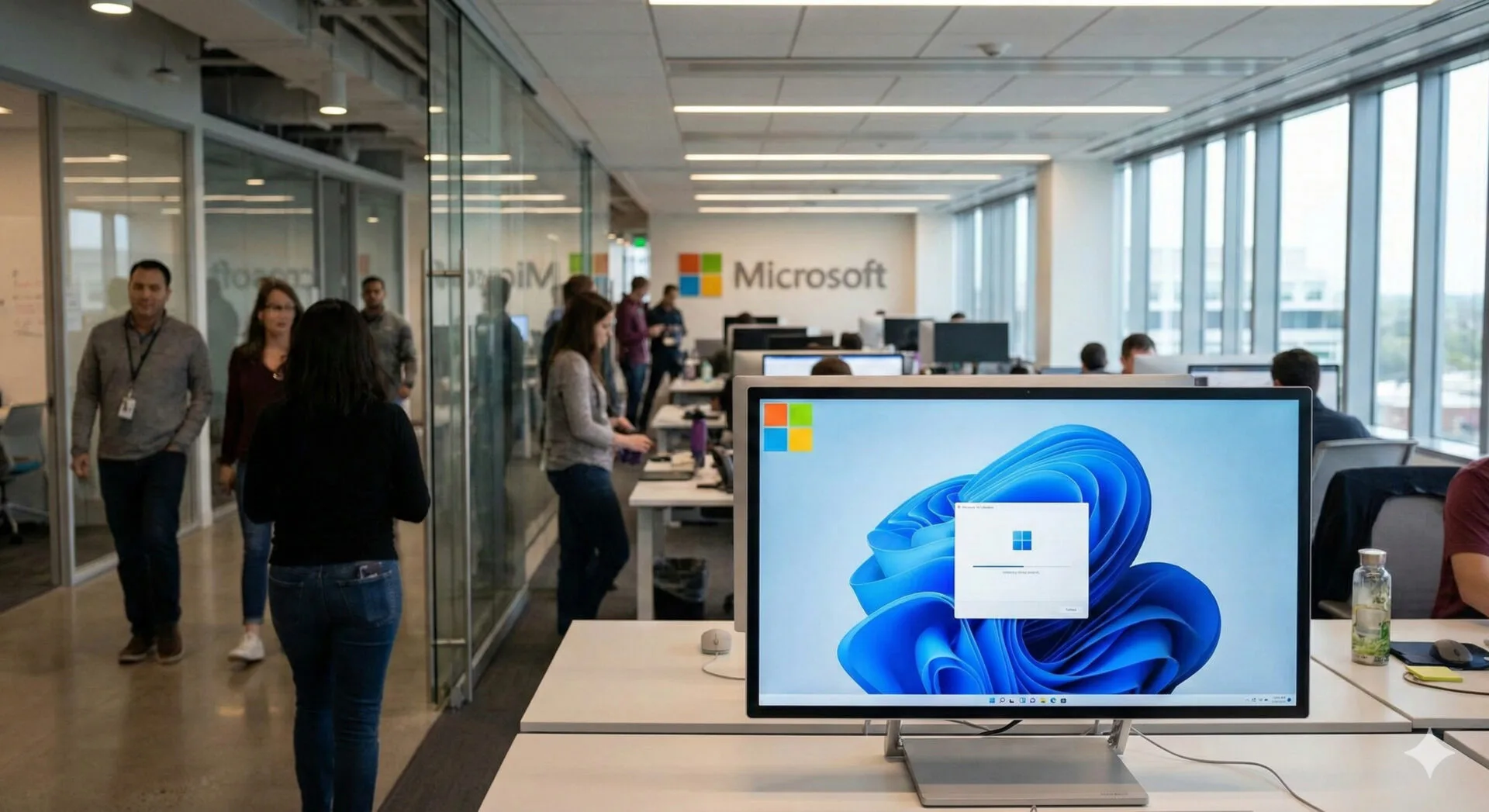If you’re considering switching to solar power, you’ve already made a great choice for the environment and your wallet. But with so many companies offering solar panels, it can be difficult to know whether you’re making the right choice by signing up with them—or if there are even better options that you haven’t considered yet.
In this article, a list of the most essential and must-to-remember questions you should ask before going solar is here.
Do You Test Your Battery Storage Before Selling?
When it comes to solar power, one of the most important things to consider is battery storage. After all, you’ll need somewhere to store all that energy you’re generating!
If the company you’re buying from doesn’t test their batteries before selling them off, chances are they won’t last as long, and your solar panels will operate at a lower capacity.
Maintaining your system‘s battery isn’t always easy and can be quite costly, so inquire about this before purchasing.
Is My House Right for Solar?
Solar panels – are a form of renewable energy that needs direct sunlight to generate power, so your home’s location and orientation are key factors in determining whether or not solar is a good fit. If your home doesn’t get much sun, or if trees or other buildings shade it, you may not be able to generate enough power to make solar worth your while.
If you want to find out if solar panels are right for your home, contact a solar installer and see what they say. They’ll run an initial audit of your house and look at factors like roof shape, window placement, local weather patterns, and nearby buildings or trees. The contractor will use that information to estimate how much power you can generate on-site.
How Much Money Do I Save?
Solar panels can save you money on your electricity bill, but the amount of money you save depends on a few factors. The size of your solar panel system, the amount of sunlight your home receives, and the rate you pay for electricity all affect how much money you save. You can ask experts or use an online calculator to estimate how much money you could save by switching to solar power.
What Type of Solar Inverter Should I Select?
Now that you’ve decided to go solar, it’s time to start thinking about what type of solar inverter you’ll need. The type of solar inverter you select will depend on a few factors, including the type of solar panel you choose and whether you’re using the system for your home or business.
The right solar inverter for your home depends on several factors, including what power your house uses (AC or DC), whether you’re using a grid-tied or off-grid system, and if you’ll need extra features to help maximize battery life.
Is there a warranty, and what does it cover?
When making a big purchase, it’s always important to know if there’s a warranty and what it covers. Solar panels usually look at a 20- to 25-year warranty. That’s a long time!
But what does that cover?
When installing a solar energy system, you must ensure you get the best from your investment. One method is to ensure you pick a system with an extended warranty.
A solar system is an investment for the long term. You want to make sure you’re protected from issues.
Most solar energy systems have ten years of warranty for the panels and an extended warranty of 15 years for the inverter.
This means that you’ll be protected in the case of any issue in your system during the first ten years after it is put in. Also, you’ll be covered if there are any issues with your inverter in the initial five years.
How long will solar panels last, can they be replaced, and how much will this cost?
Solar panels are built to last— most panels come with a 25-year warranty. And even after 25 years, solar panels still produce electricity at a lower rate. So, if your solar panel system is properly maintained, it could last well beyond its warranty.
If you’re considering buying a solar panel system, it’s important to figure out how much you can expect to spend on maintenance and repair costs. For example, some solar panels are more expensive than others but will last longer before needing repairs or replacements. Costs will also depend on whether your solar panels are roof-mounted or ground-mounted.
How long does it take to get a return on investment?
For most people, solar panels are a long-term investment. It can take anywhere from five to 15 years to see a return on your investment, depending on the size of your system, how much sunlight your location gets, and the current cost of electricity. That’s why it’s a must to remember and research before switching to solar power.
Final Thoughts
Going completely solar is a big decision, but it can be a great way to save money and help the environment. The above questions will help you invest in solar panels effectively and smartly. Make sure to remember these important points!






Leave a Reply